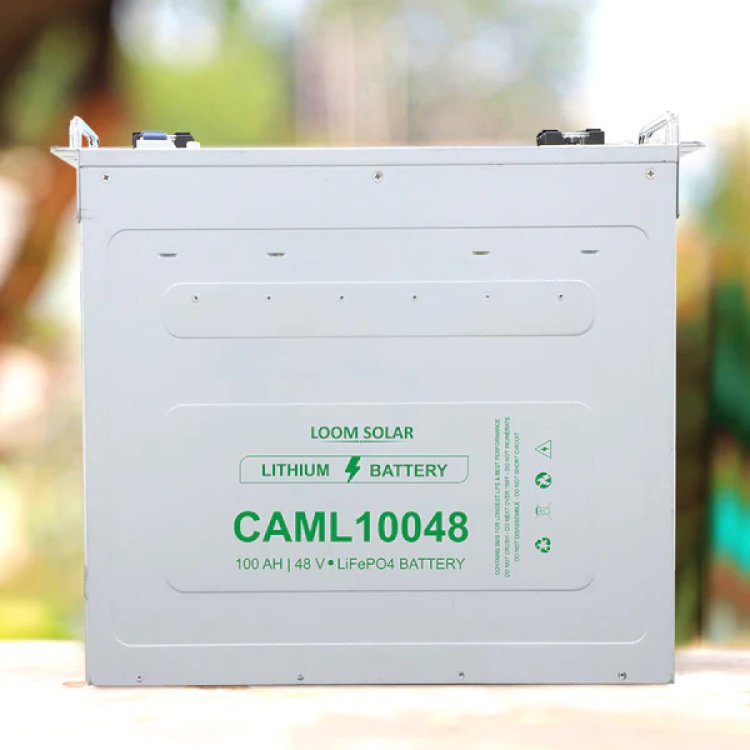Lithium-Ion Batteries vs Alkaline Batteries: A Comprehensive Comparison
When it comes to selecting a reliable and efficient power source for your devices...
Share this Post to earn Money ( Upto ₹100 per 1000 Views )

Introduction:
When it comes to selecting a reliable and efficient power source for your devices, the choice between lithium-ion batteries and alkaline batteries is pivotal. In this comprehensive comparison, we will delve into the advantages and disadvantages of these two battery types, helping you make an informed decision based on your specific needs and preferences.
1. Higher Energy Density - Power in a Compact Package:
Lithium-ion batteries stand out with their remarkable energy density, surpassing that of alkaline batteries. This translates to the ability to store a greater amount of energy within a smaller and lighter footprint. This attribute proves invaluable for devices where space and weight considerations are paramount. From cutting-edge smartphones to sleek laptops and eco-friendly electric vehicles, the lithium-ion battery powers the modern world with their impressive energy density.
2. Lower Self-Discharge Rate - Reliable Energy Whenever You Need It:
One of the distinctive advantages of lithium-ion batteries is their significantly lower self-discharge rate when compared to alkaline batteries. This property ensures that your battery retains its charge over extended periods of inactivity. Particularly beneficial for devices used sporadically, this feature guarantees that your battery remains ready for action when called upon. In contrast, the faster self-discharge of alkaline batteries can lead to disappointment when devices are left unused for extended durations.
3. Longer Lifespan - Durability for Sustained Performance:
Lithium-ion batteries exhibit an extended lifespan in comparison to their alkaline counterparts. The ability to withstand a higher number of charge and discharge cycles before experiencing noticeable capacity decline underscores their cost-effectiveness over the long term. By accommodating numerous recharge cycles, lithium-ion batteries serve as a durable and eco-conscious choice. In contrast, single-use alkaline batteries necessitate replacement after depletion, resulting in increased waste.
4. Environmental Friendliness - Reducing Footprints and Hazardous Materials:
An environmentally conscious choice, lithium-ion batteries showcase their eco-friendliness through reduced toxic material content and enhanced recyclability. Alkaline batteries, on the other hand, contain harmful substances like mercury and cadmium, posing risks to the environment if not properly disposed of. Lithium-ion batteries, with their minimized toxic materials and potential for material recovery through recycling programs, contribute to a greener energy landscape.
Conclusion:
While the advantage of lithium battery is evident in its higher energy density, lower self-discharge rate, longer lifespan, and environmental friendliness, it is important to acknowledge the challenges that accompany these benefits. Concerns such as resource availability, safety considerations, and recycling complexities are part of the equation. Nevertheless, the undeniable merits of lithium-ion batteries have driven their widespread adoption across diverse contemporary applications, powering innovation and sustainable energy solutions in our interconnected world.
















